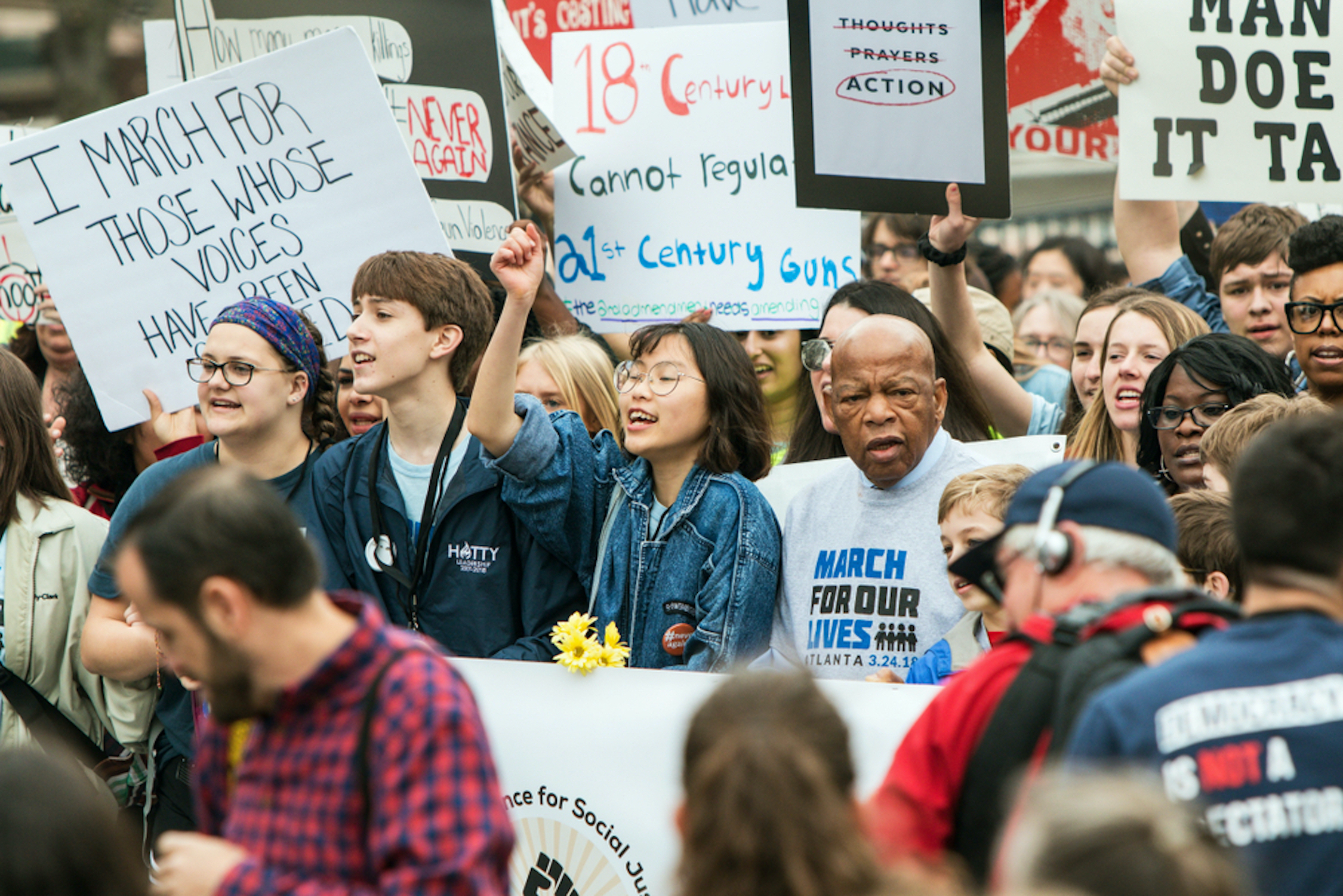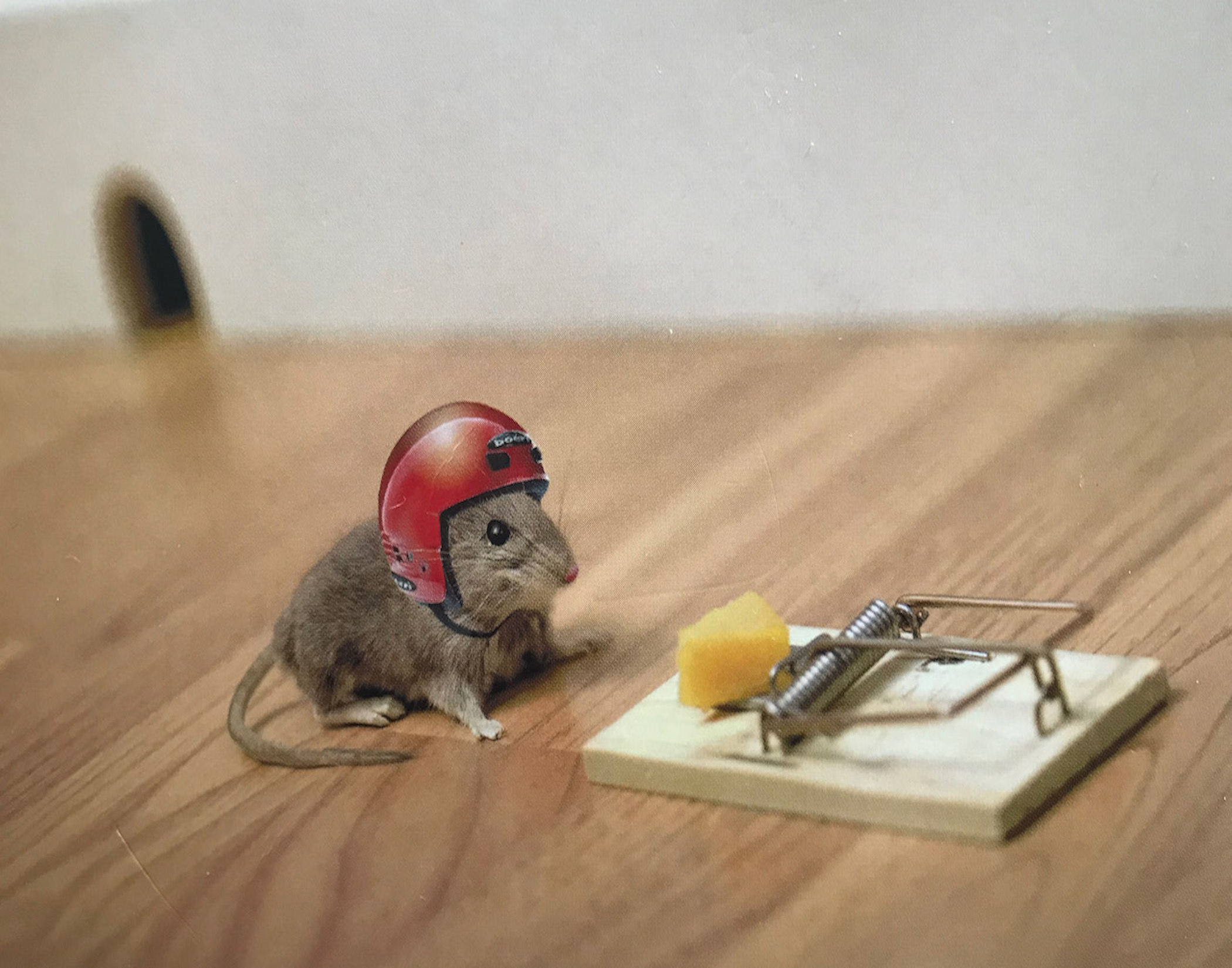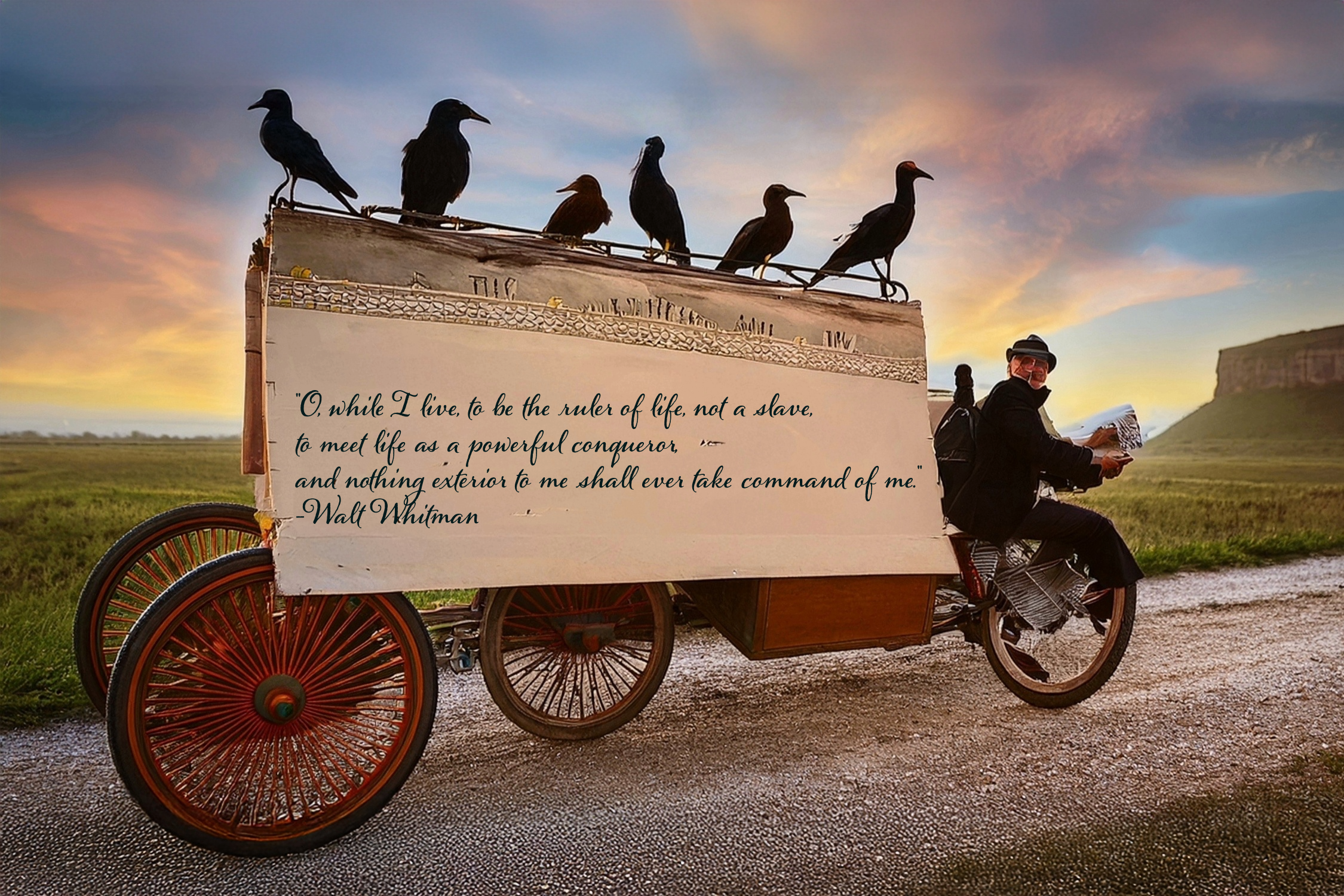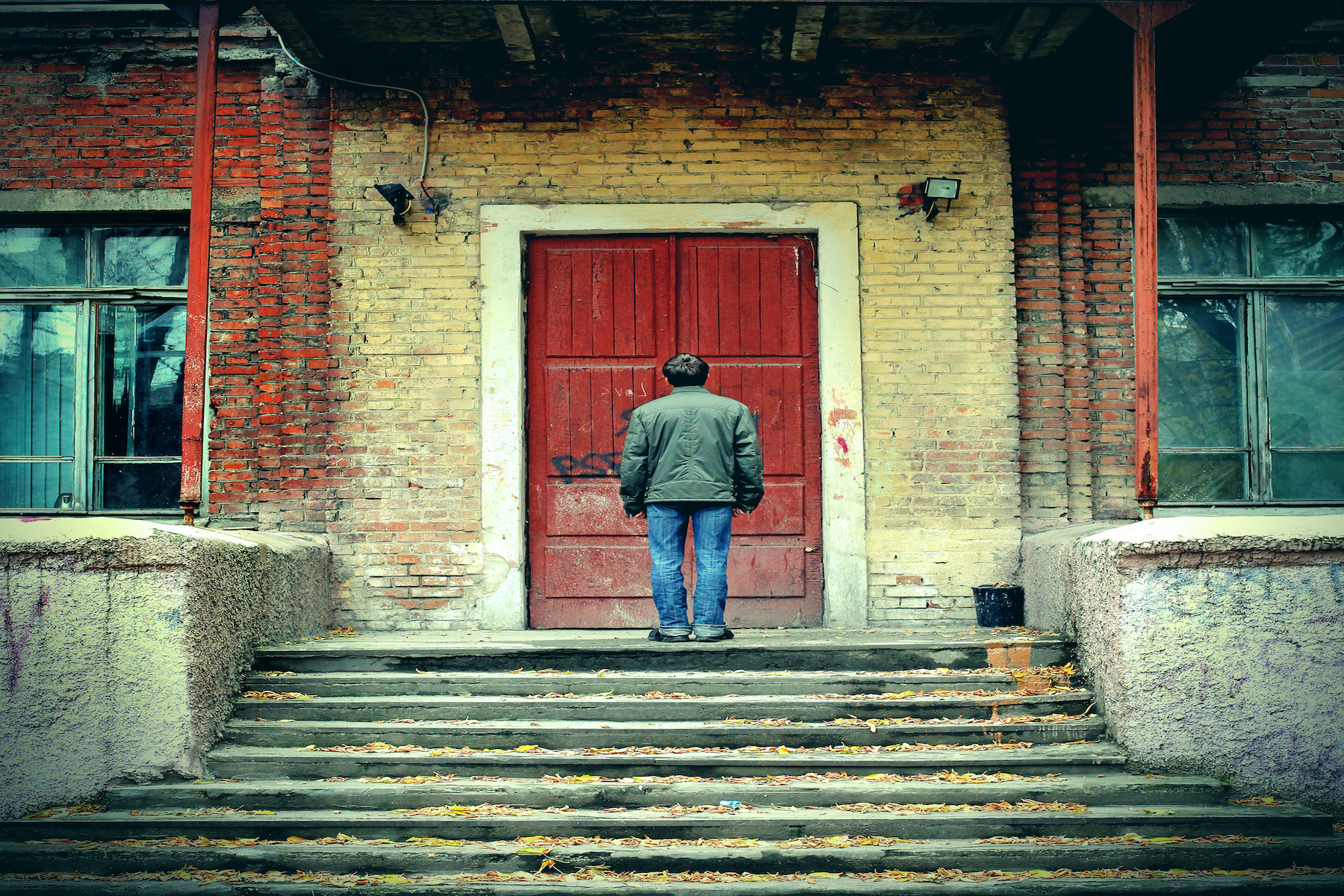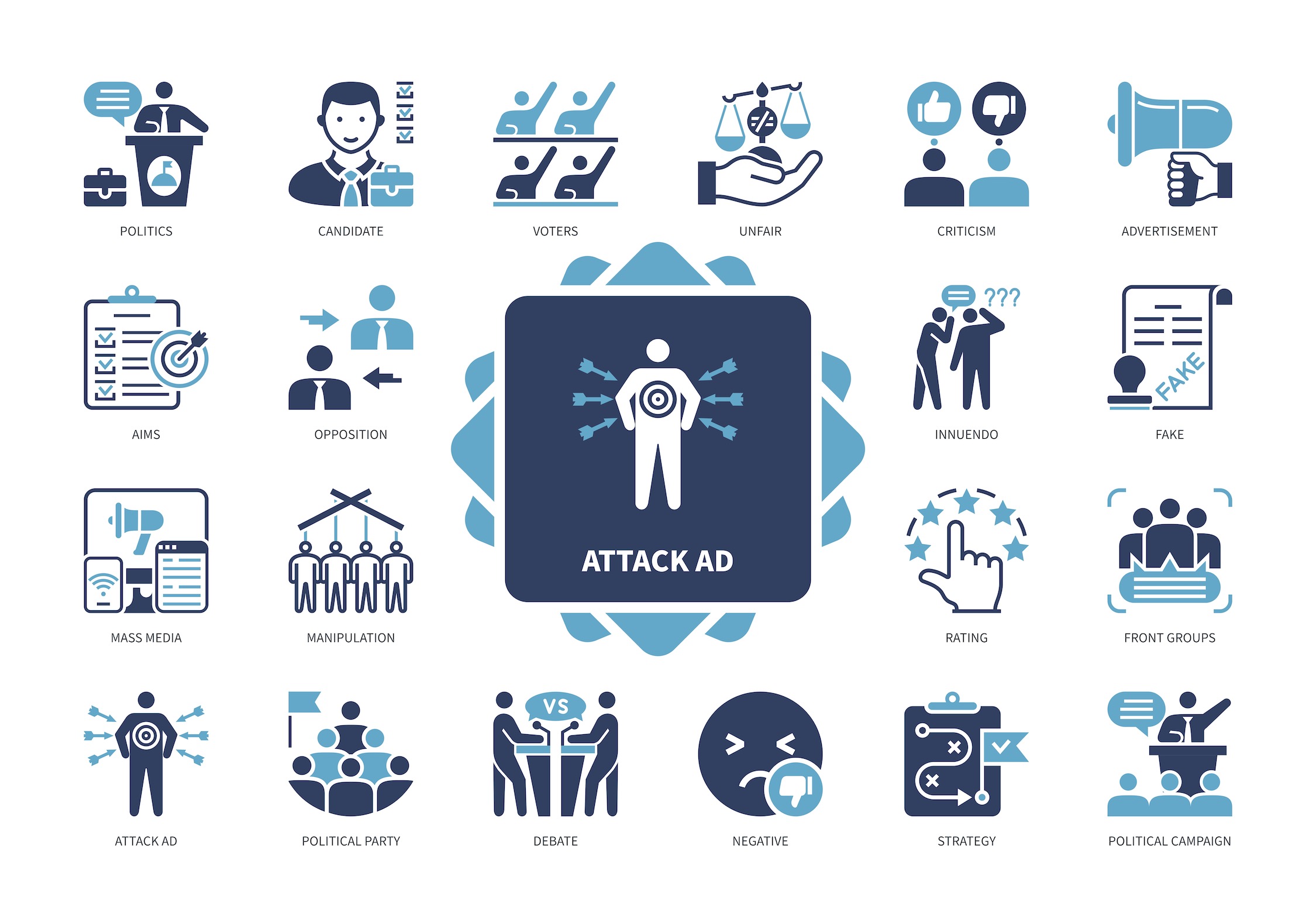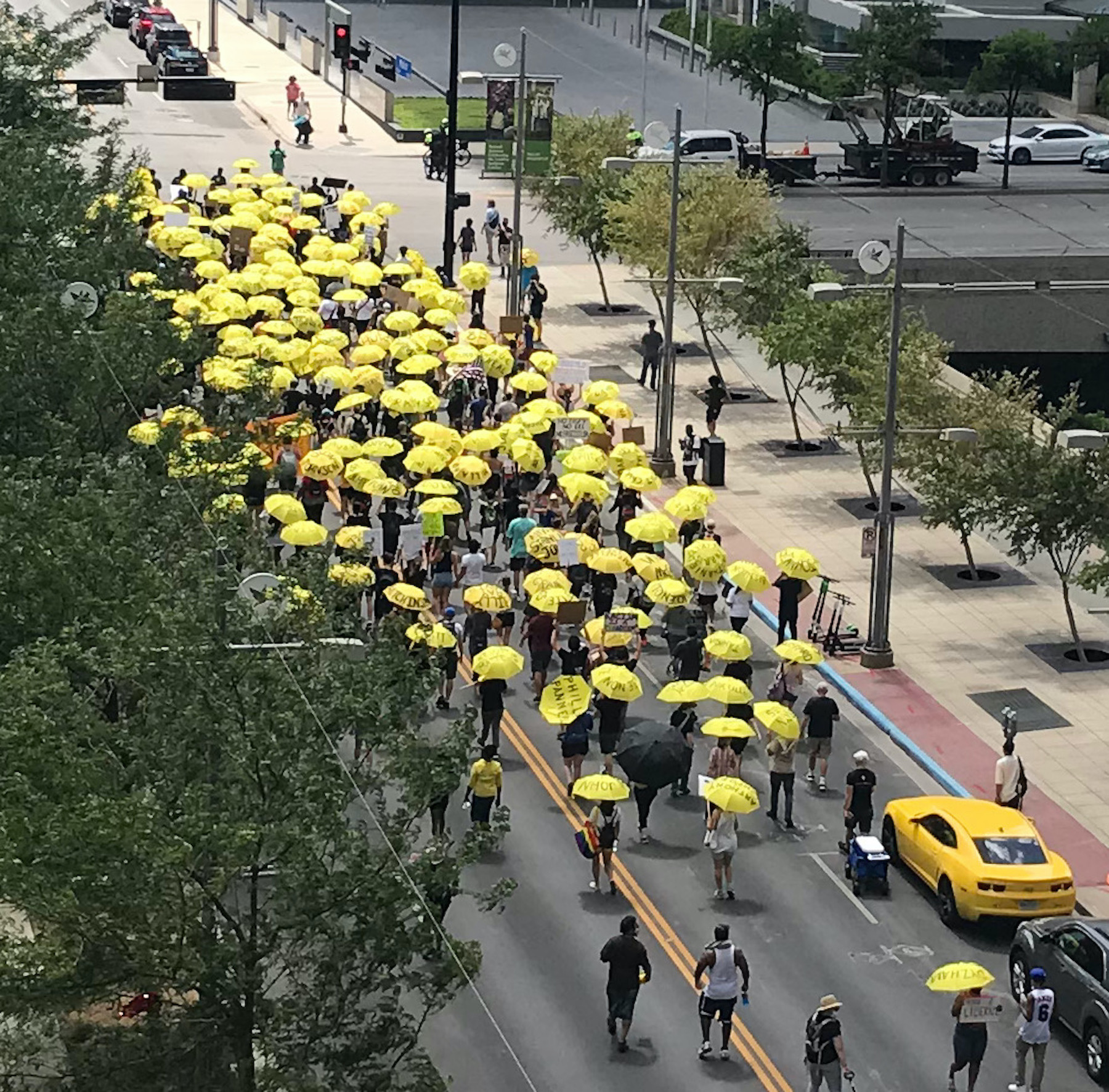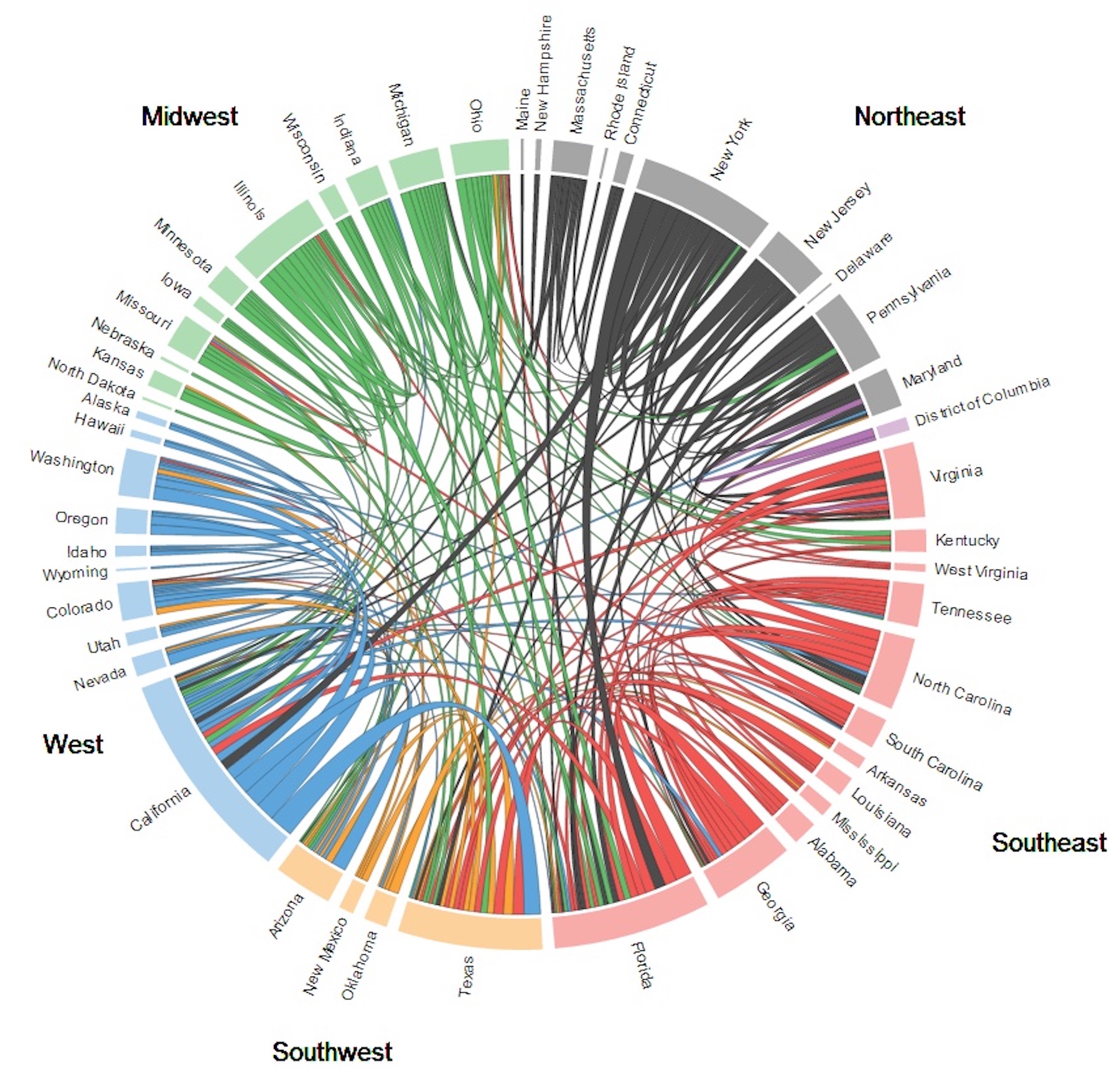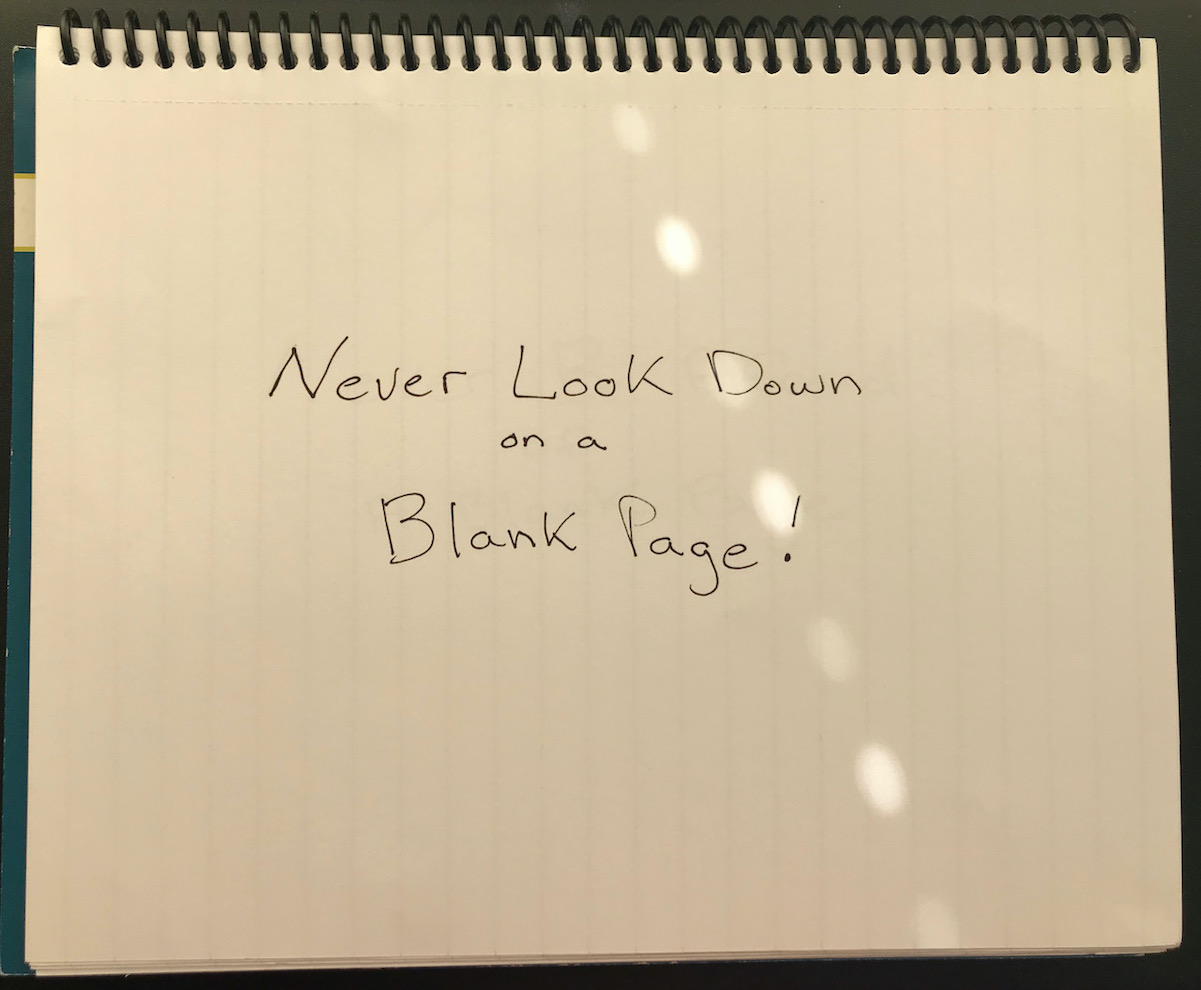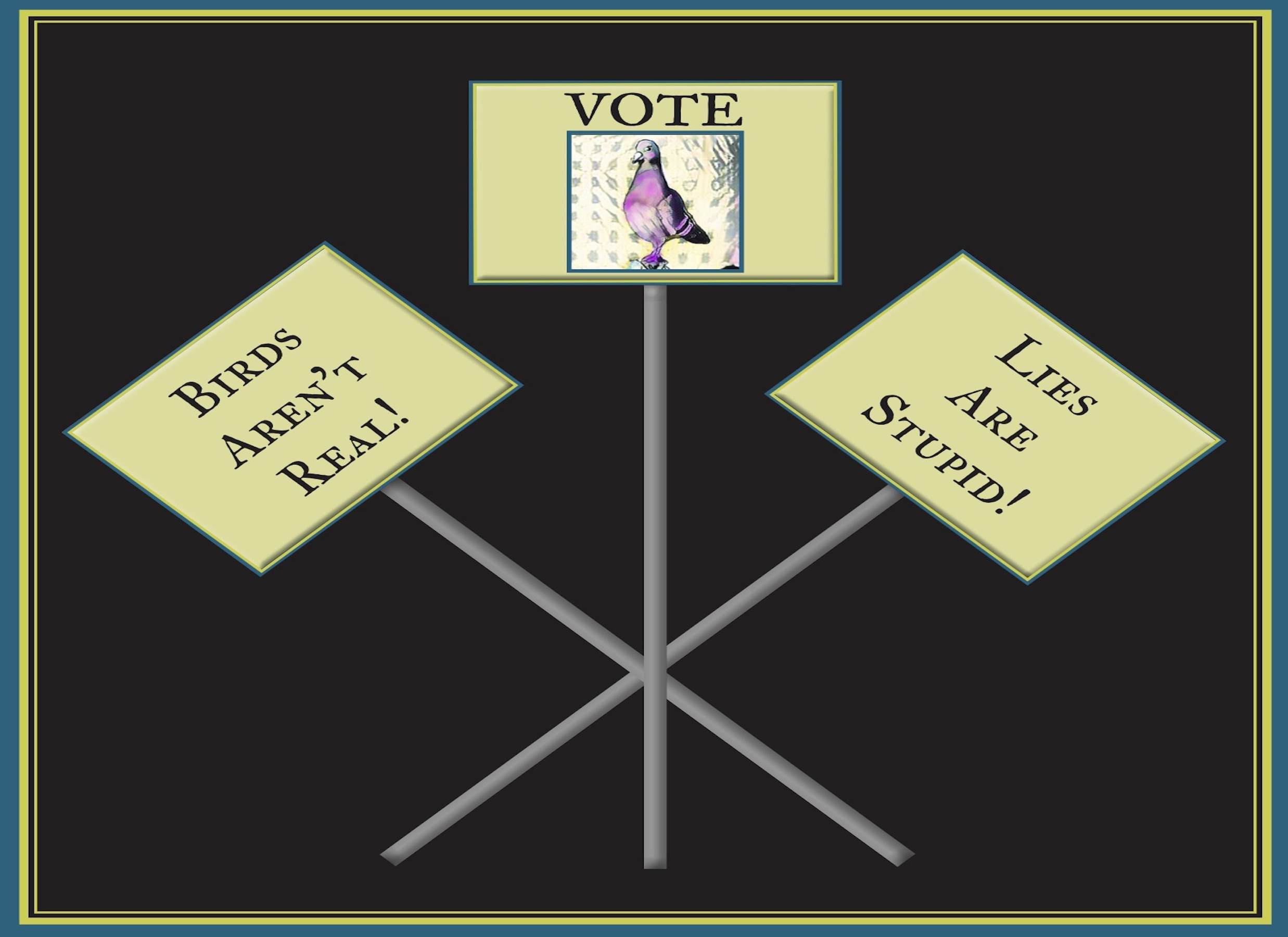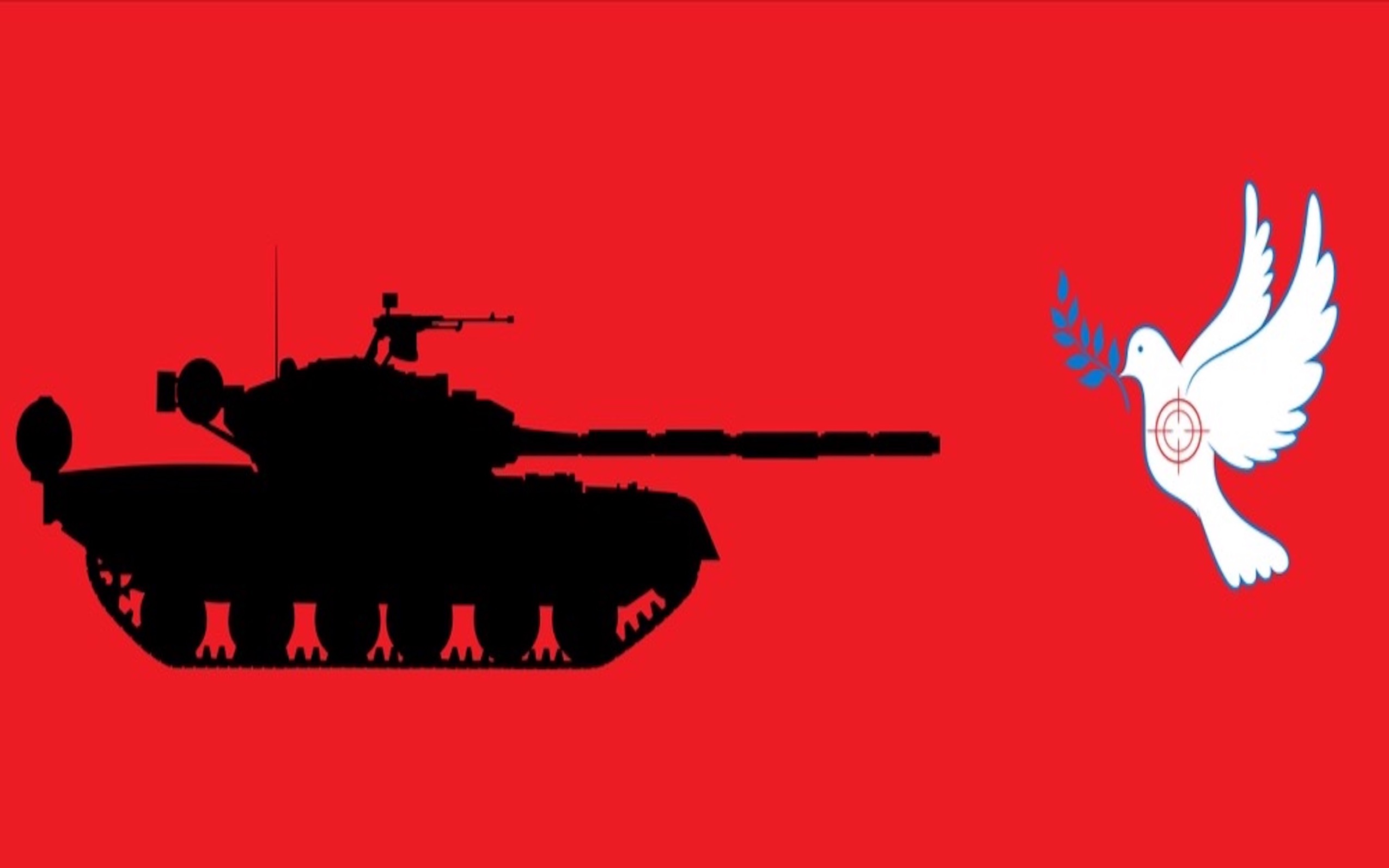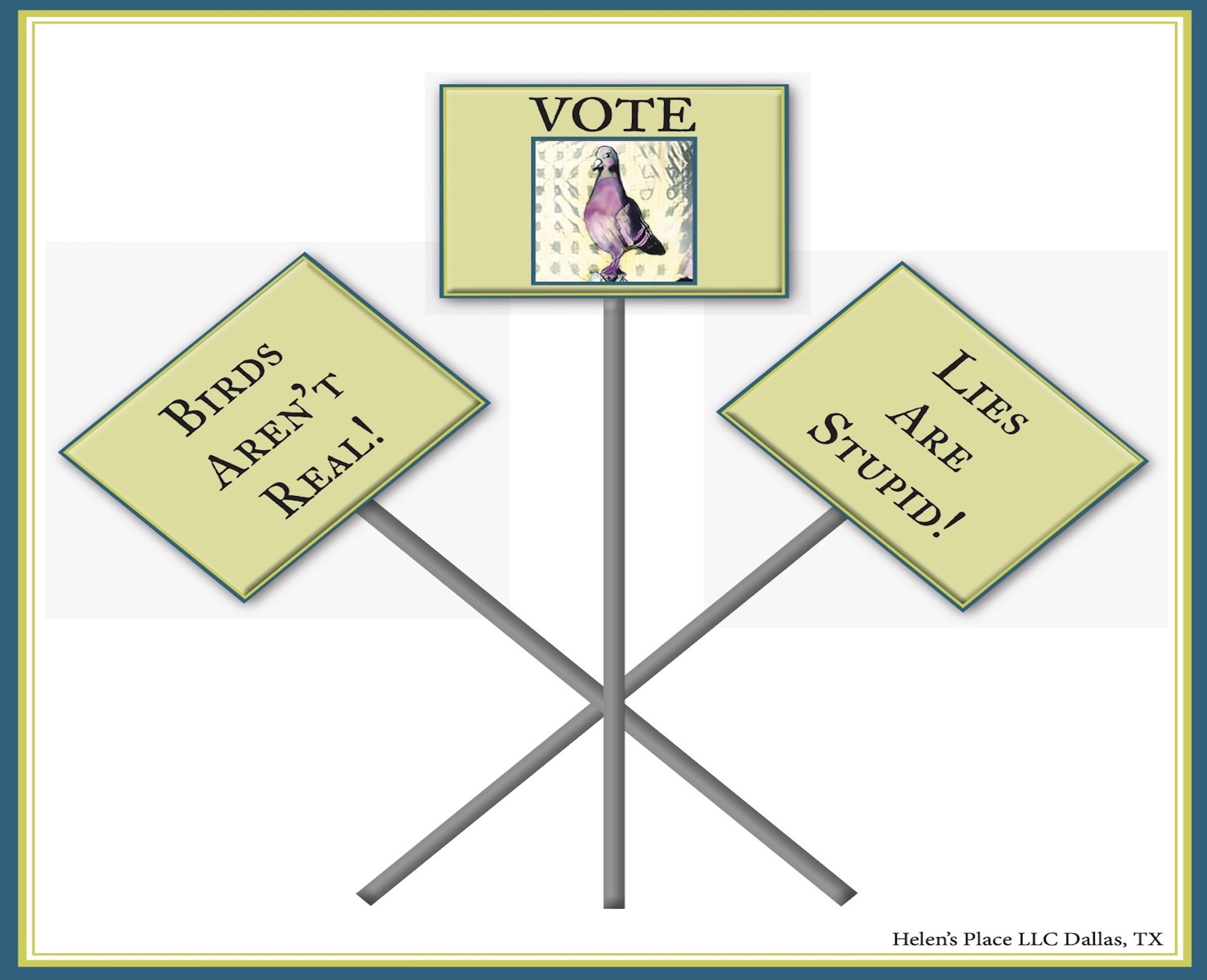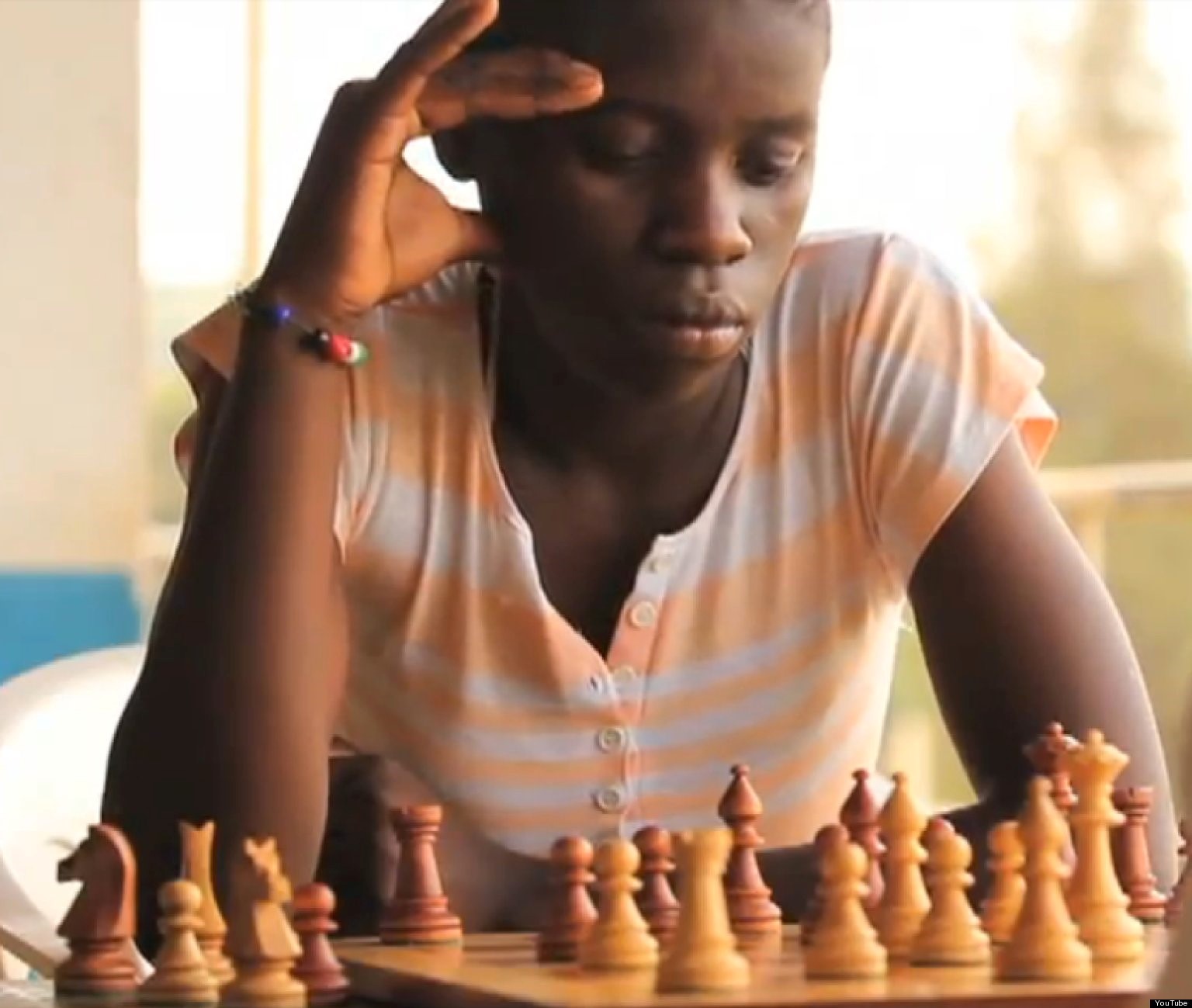- Credits:
- Photo, Shutterstock. Helen's Place LLC noticing the entire flock going in the same direction except for one solitary bird going it alone.
Helen’s Place LLC Update: September 2, 2022
On August 16, 2022 in the Republican Primary in Wyoming, Liz Cheney was voted out of the House Of Representatives by Republican voters.
It was a historic day, and by kicking her out of her job, Republicans sent the clear message that she was no longer welcome or wanted by the group. Cheney wasn’t the first, and won’t be the last to get thrown out of a tribe.
In fact, who hasn’t been criticized, betrayed, or dumped by a person or group at least once in their life?
Perhaps the most likeable and lucky among us has been spared this fate, but for most of us, our brains are full of memories of various injustices that we have suffered at the hands of loved ones or other people.
Depending on one’s personality, the loss of belonging is harder for some people than for others, but even for independent thinkers, it’s still difficult because our human nature wants to be liked, in a relationship, and part of a group.
But there are times, ready or not, that we have to go it alone.
Sometimes we have a choice as to when to leave a relationship, but other times a person or group leaves us first. or throws us out.
In some ways, the loss is easier to deal with when it wasn’t our decision, or the decision was clear cut because the person or group was abusive or violent.
But regardless of the way we find ourselves alone, we may suffer from feelings of abandonment and loss, because the absence of the person or group creates an emptiness in our life affecting out stability and equilibrium.
The Struggle Within to Stay or Go:
Many people have the belief that it’s better to “never go it alone,” and this is why when we have the option to stay or go, the decision to leave a person or group can be a mental struggle that goes on for a while.
Some of the conflicts in our mind include:
- When a person lies or steals from us, but we rationalize why they did it.
- When their beliefs violate our ethical principles, religious beliefs, or code of conduct, but we keep trying to accommodate their freedom of expression.
- When they demonstrate in words or deeds that we’re foolish or stupid, but we think maybe they’re right about us and we deserve their criticism.
- When it’s been made clear that we’re not compatible and don’t fit in because we’re too outspoken, domineering, quiet, or insufficient in some way for being who we are, but we think we just need to try harder.
- When we’ve said or done something so egregious to hurt or offend them that there’s no salvaging the relationship, but we’ve apologized and can’t give up hoping they’ll change their mind and forgive us.
- When we’re disliked for no obvious reason, like how we look, our age, gender, ideas, politics, intelligence – or lack thereof; it could be anything, but we hang on trying to figure out what we might change about ourselves to fit in.
Coming to Terms When the Relationship is Over:
The first thing people often do when a relationship is over, is to relive in their mind how they might get back with the person or group in order to “feel normal.”
Initially, denying that the relationship is really over is part of the grieving process. At this stage, we often hear the outcry, “this can’t be real, or this just can’t be happening!”
We can see counselors, psychologists, get on drugs or do whatever we can to feel like our old selves again before the breakup.
The truth is that when it’s over, it’s senseless to believe that we can somehow return to our old way of being, because we’ve changed.
Even if it becomes possible in the future to reconcile with the person or group we left, the relationship will always be different.
Sadly, some people go through the rest of their lives without coming to terms with what happened to them – always mourning and wishing they could have done something different to fix it.
But for those in the habit of working to be more emotionally fit – the more they’re able to accept what happened as the hand they were dealt, the more they’re able to build a new life.
They know that after processing what happened, they’ll be alright as a different person for better or worse, but with more experience and possible empathy for others than they had before.
Discarding the Noise of Unhelpful Actions and Advice:
In a vulnerable, shocked state of loss it takes effort to learn to go it alone, and not everyone will like it very well or want to do it.
At this stage, it’s common to hear, “I don’t want to talk about this right now,” which translates to; “I don’t want to deal with this right now.”
Having the thought of isolating and wishing to hide under a rock seems like a good option at this point.
Some people, on the other hand, go in the opposite direction and set out to avoid dealing with the loss by partying or going to events where they can get lost in a crowd. This is the same thing as hiding under a rock in a different form.
We sometimes make things worse for ourselves by seeking out advice from close friends, family members or complete strangers.
Here we can expect to sometimes get unhelpful advice when we need it the least from people trying to help, like:
- Telling you that you’re better off alone or will be soon.
- Telling you to get back in the game and find someone else.
- Telling you you’ll feel better in the morning and/or feel “normal” in a few days.
- Telling you that it’s not your fault because you didn’t do anything to deserve it.
- Telling you not to worry, the person is going to get what’s coming to them.
- Telling you “good riddance” – you didn’t need them anyway. And finally;
- Telling you bluntly just to get over it!
Charting a Course of Constructive Action for Going it Alone:
After the denial, the distractions, and the discarding of meaningless advice, the next stage is to get down to charting a course of constructive action to build a new life.
You’ll know you’re ready to get started, when you’re willing to put what happened to you in perspective, and deal with the raw emotions you’re going through.
You may still feel wounded and wonder, “Why me… why did this happen… how could I be treated like this?”
You may notice that you’re constantly going over the events of what happened in a mental loop.
To stop this rumination, it’s helpful to write down every detail in the timeline, and go over it until you have the complete version of your story straight in your mind.
You may never understand every detail completely, because we don’t know what’s in another person or group’s collective mind, so it’s helpful to stay with “what” and “where” type of facts to describe events and how you feel about them.
You may have a lot of anger and sadness to process out. This takes time, and you may need to go over your story many times, and read it out loud.
Just like working out an ear worm to a song stuck in your head, expressing out what happened to you in a step-by-step format, will help you move forward.
After getting your story out, the next thing you might find useful is to focus on doing the things that give you peace such as a sports activity, gardening, birdwatching, or walking – the things that are unique and special to you.
You may be a person who is comforted by music, reading about or watching other people sharing how they got through a difficult situation similar to yours. Sometimes it’s helpful to learn about the injustices in the world, to know that you’re not the only one.
This is a time for reflection and decision making, where you might take a break from most people for a while, to give yourself space without interference to figure out what you want to do next.
It’s helpful to lower your expectations that the process of learning to go it alone will be easy or fast.
Although you’ll never be the same person you were before, if you work at it over time, you’ll learn to function constructively and live with the memory of what happened, heartbreak and all.
Related audio/visual recording:
Liz Cheney voices her views on why she was ousted from the Republican Party in Wyoming on August 16, 2022 and her future:
CSPAN, Harriet Hageman, August 16, 2022, “Rep Cheney Loses Wyoming Republican Primary”
Other related articles:
Another viewpoint for the value of doing the right thing, even when the decision is hard:
Forbes, September 21, 2021, “Do the Right Thing”











